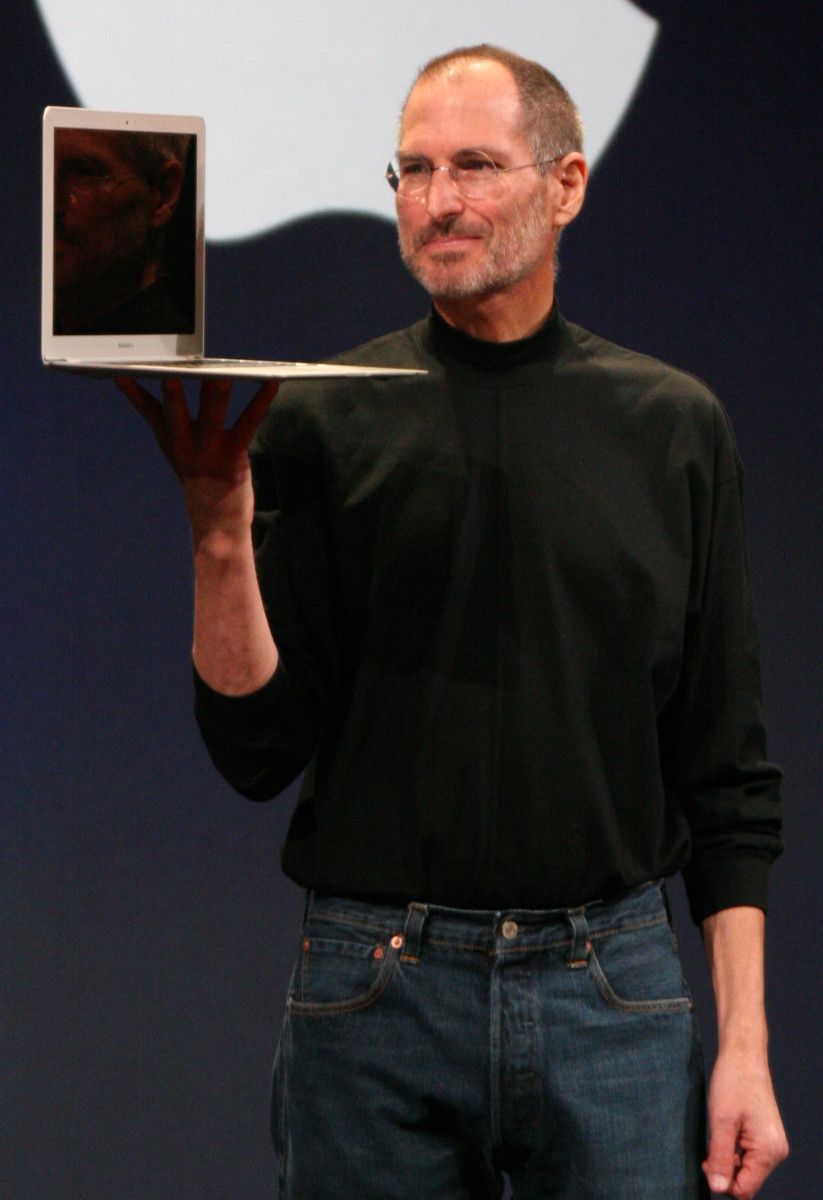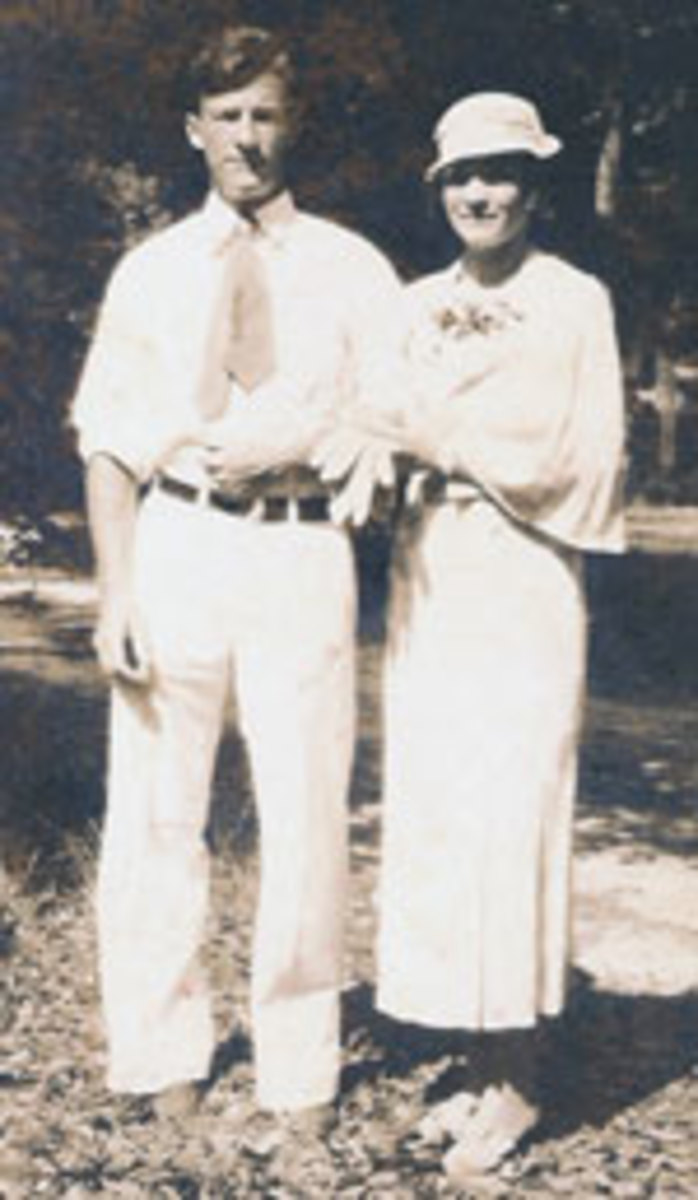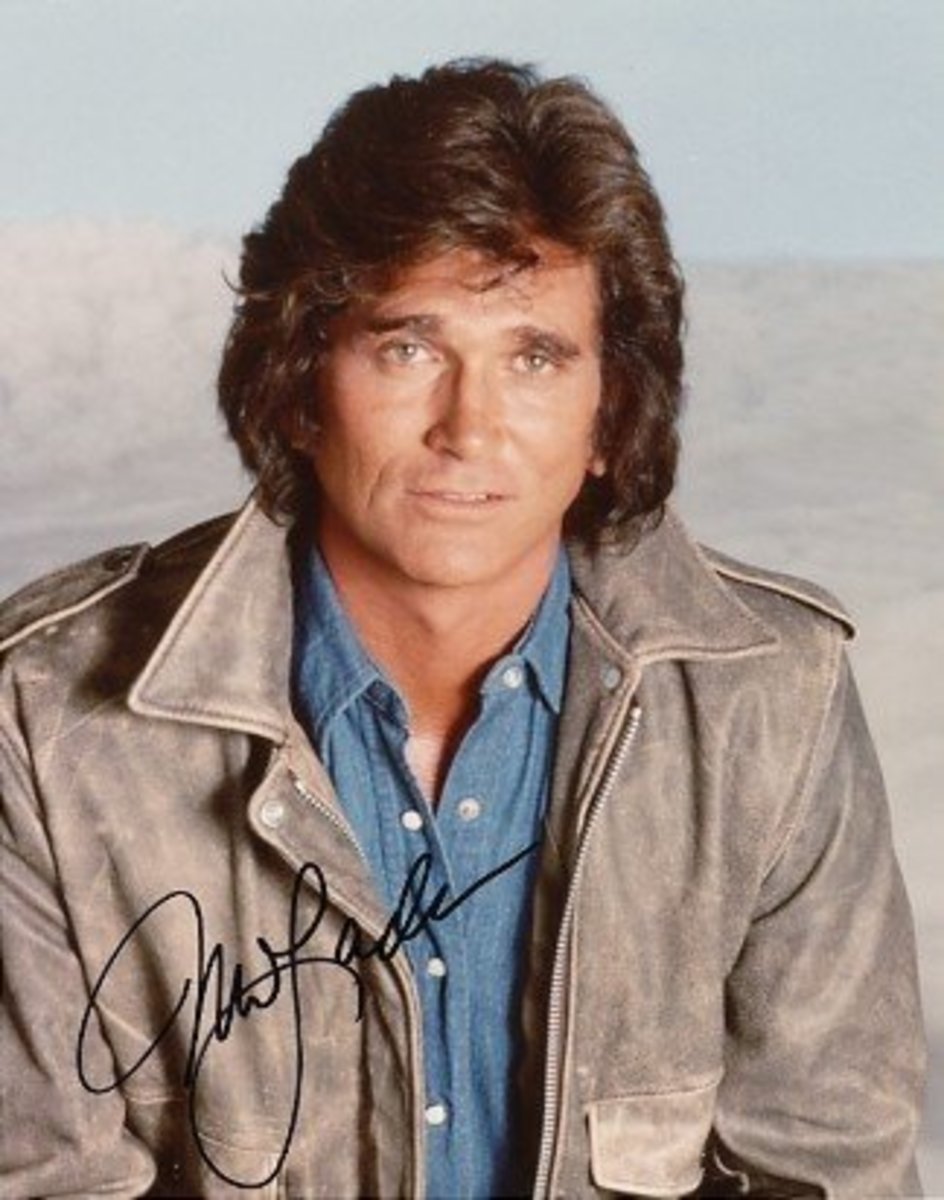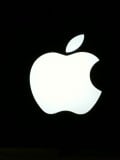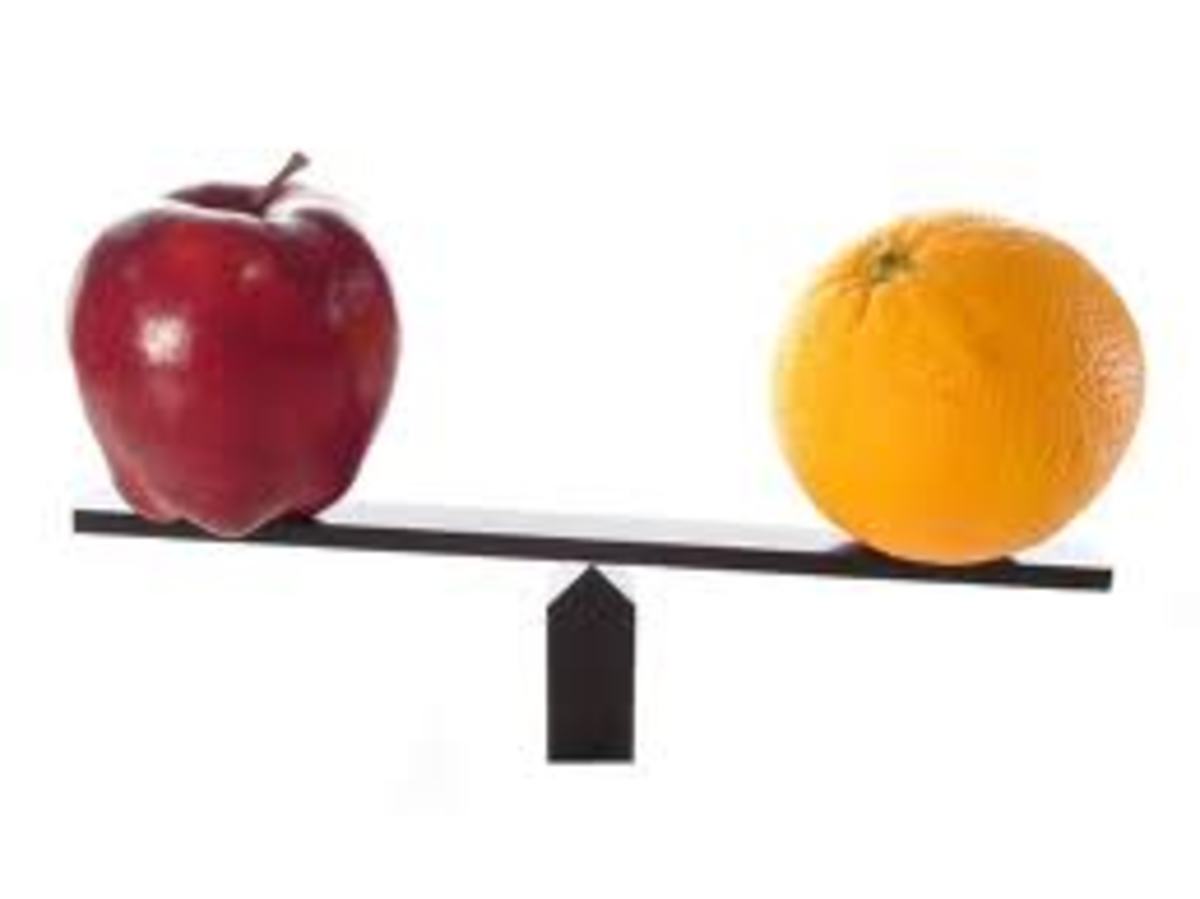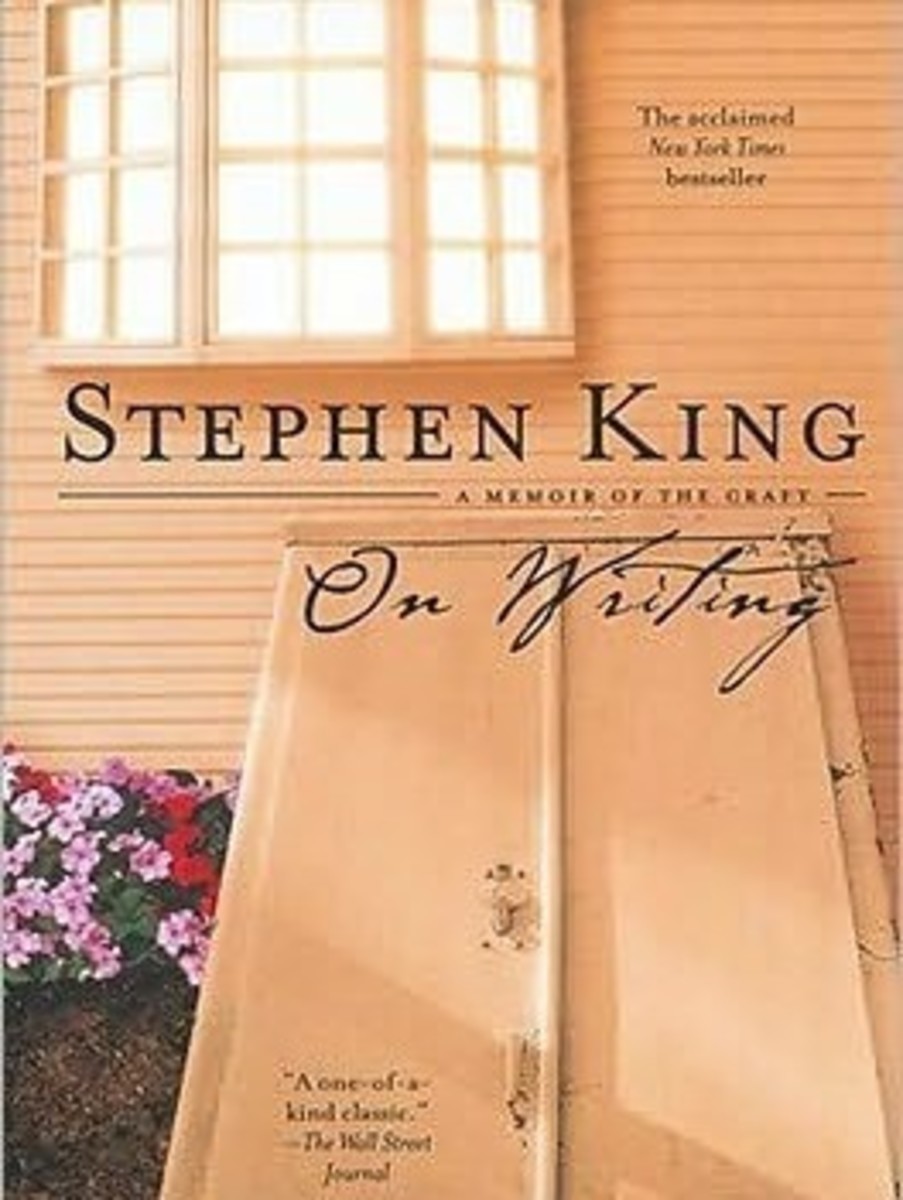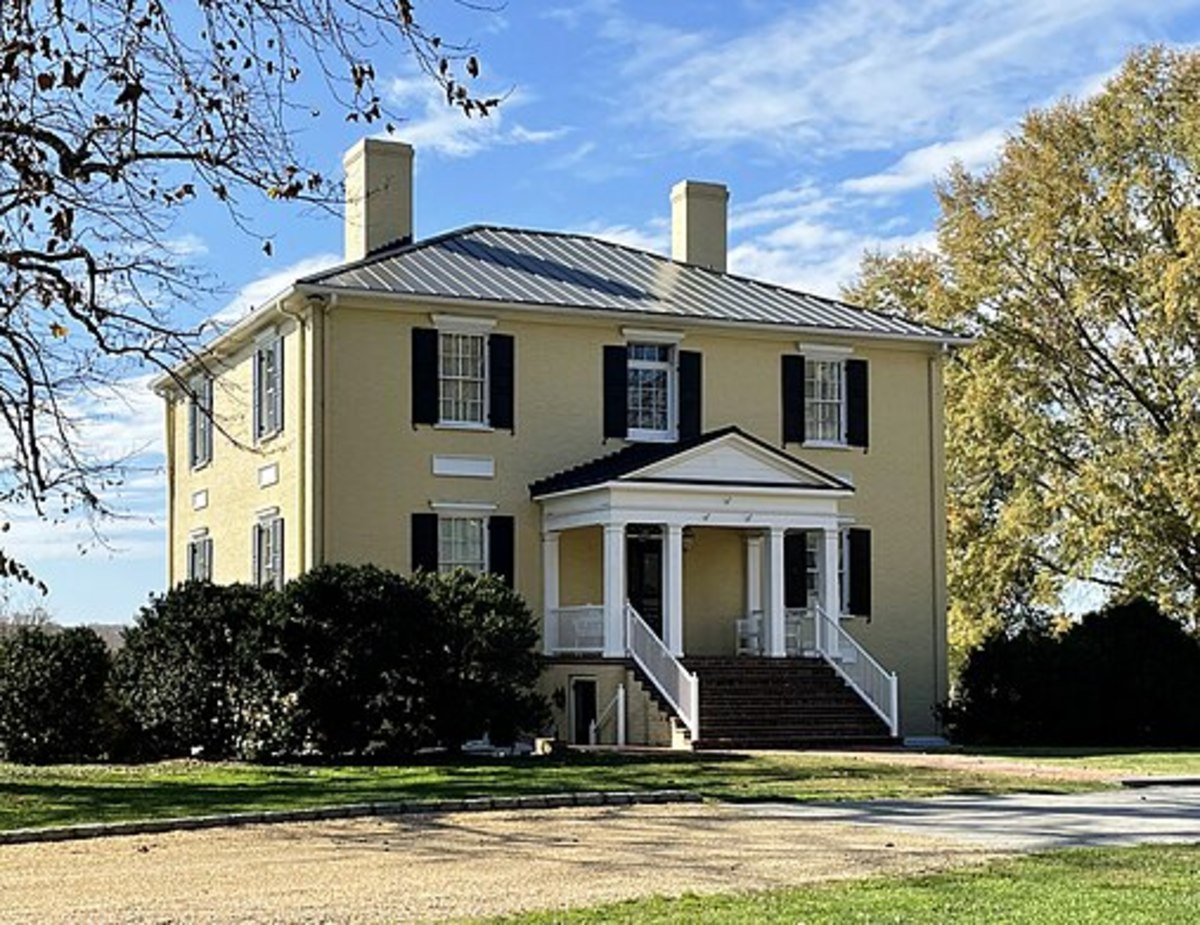- HubPages»
- Books, Literature, and Writing»
- Books & Novels»
- Nonfiction»
- Biographies & Memoirs
Steve Jobs by Walter Isaacson - a book review of an innovative genius
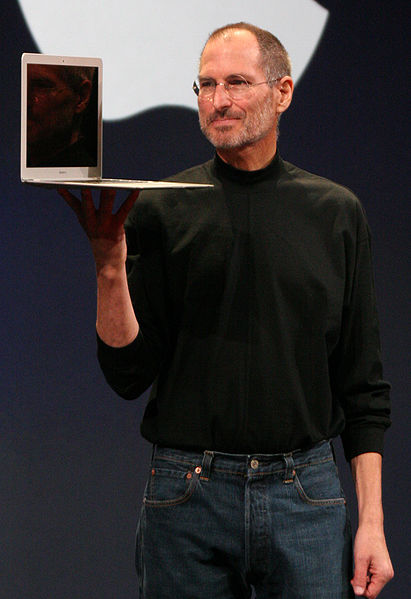
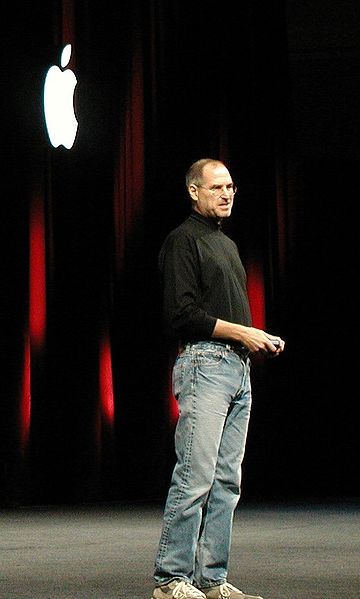
Steve Jobs - a remarkable genius!
With the recent death of Steve Jobs, I became interested in knowing more about the man, so I recently read his biography, Steve Jobs by Walter Isaacson (former writer for Time Magazine and CNN).
I was treated to a fascinating biography of an incredibly complex man. He had the ability to be a genius at creating products we ourselves didn't even know we wanted and making them part of our mainstream lives. And, at the same time he could be a cutting and cruel human being to co-workers, friends, and family. This dichotomy kept coming up so many times in Steve Job's life, that it was sometimes hard to believe so many people stuck by him, especially during his cancer fight.
He had a charisma that drew people to him and he had a manipulative way of getting what he wanted from others and his selfish, self-absorbed personality was difficult to take at times as I read this book (on my Kindle, no less, one of the products we would not have had it not been for Steve Job's imaginative genius). But, my curiosity was stronger than my shock at how Jobs sometimes behaved and I continued to read the book to the end.
This is one of the finest biography's I have read in a long time. It truly is objective and portrays Jobs as both a genius and as an obnoxious jerk. I don't know if I would have liked him or not had I actually met him in life. I suppose it would have been decided on whether he would have treated me kindly or not. Knowing Steve Jobs as I do now, after reading the book, I don't think I would have even entered on his radar. To truly be a friend of Steve Jobs, I would have had to be intelligent (I am), an intellectual (?) and a genius (no) myself .Jobs did not suffer fools kindly and only surrounded himself with the brainiest and those with the most inventiveness. Steve Jobs truly was one of a kind
Steve Jobs was so grandiose that he summoned Walter Isaacson in 2004 and wanted Isaacson to write a biography of him. Isaacson had written a biography of Benjamin Franklin, which Jobs had read, and Isaacson was working on a biography of Albert Einstein at the time of his conversation with Steve Jobs. Isaacson was somewhat stunned that Jobs would call him and request him to write a biography of Jobs, and, frankly, at the time, Isaacson declined Job's request.
Several years later (2009), after Job's second medical leave from Apple, Laurene Powell, Job's wife, called Isaacson and again requested a biography of Jobs on her husbands behalf. She said, "if you are ever going to write a biography of Steve, you'd better do it now." This time Isaacson said yes.
Isaacson interviewed over 40 people, face to face, to gain the information to write the biography. He personally interviewed Jobs, his family, friends, enemies, co-workers and co-founders of Job's two companies, Apple and NeXT, from 1985 to the present. His notes and bibliography are listed at the back of the book, along with photos he personally received from Jobs himself, to use in the book.
And what evolved was a portrayal of a man, Steve Jobs, adopted in l955 a few months after his birth by a loving couple, Clara and Paul Jones, just middle class Californians, as passionate, intense, focused, genius, artistic, hippie, drug-experimenter, businessman extraordinaire, innovator, and creator.
At the same time he is also portrayed as obnoxious, controlling, rude, brutally honest, short-tempered, cruel, immature, cry-baby, egotistical, in denial, and seeing situations as only black or white.
The biography begins with Steve Jobs's beginnings - his biological parents, Abdulfattah "John" Jandali, Syrian born, and Joanne Schieble (Jandali Simpson). Joanne Schieble's parents objected to her marrying Jandali because of his ethnic background, so when Steve was born she gave him up for adoption. When her parents died several months later, she did marry Jandali, but left the adoption stand.
Being adopted is, of course, discussed as possible reason why Jobs could be so detached and cruel to others. He could be scathing in his criticism of products his designers brought to him for review. Seeing the world as black and white, he would see their designs as "a piece of shit" or the greatest innovation on the face of the earth. There was no in between with Steve Jobs. With a look of scorn, he could devastate a fellow employee. Yet, he could be so engaging and inspiring when discussing a future product with his designers and his designers always strove to please Steve Jobs and produce exactly what he wanted.
And, how did it all begin? Yes, it is true, Steve Jobs and Stephen Wozniak did build a computer with Wozniak's amazing circuit boards and Jobs figured out how to package and market them. Wozniak and Jobs became best friends during their days at Homestead High School in Cupertino California, and they eventually became partners in founding Apple. And it is Apple, his company, that Jobs considered his greatest creation. "It is a place where imagination is nurtured, applied and executed in ways so creative that it became the most valuable company on earth." (Walter Isaacson)
Isaacson continues to write about the highlights of Job's life and quest to be the best at delivering electronic devices and products to the masses. We follow Job's life and career as he builds Apple into the innovative company it is today, how his personality dichotomy caused him to be forced out of and loose Apple in l985, and his mercurial rise to get it back again in l996. In between, we see his struggles and work at Pixar and NeXT, a computer company he built that was acquisitioned by Apple upon his return in l996. Through it all we see his triumphs, agonies, and hard-work, to change the world technologically forever. There is no going back after Steve Job's magnificent products have flooded the market.
And, we see the sad, tragic struggle Steve Jobs had with cancer. His denial of the disease for the first nine months after the doctor's diagnosis, and the reason the cancer got such a hold on him, was one of the flaws in Job's personality and make-up. Had he vigorously fought the cancer immediately, he probably would be with us today. But his state of denial about his cancer, and his belief in his own invincibility, tragically caused the cancer to eventually spread to his liver and bones, and this was what finally defeated Steve Jobs.
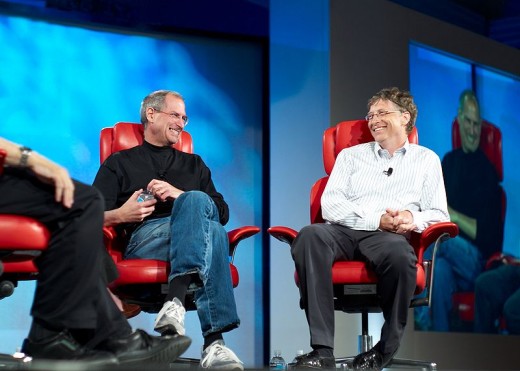
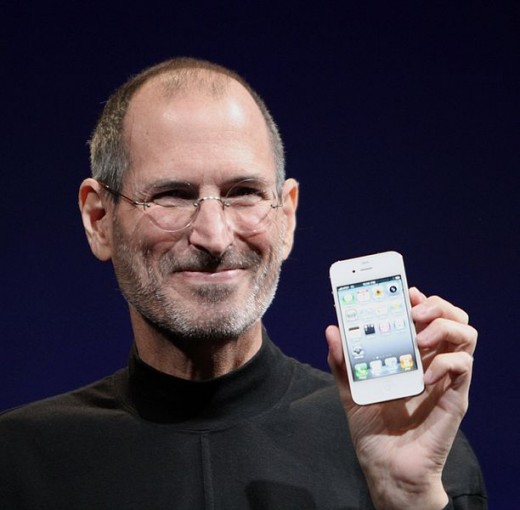
Steve Job's innovative products
"Here's to the crazy ones. The misfits. The rebels. The troublemakers. The round pegs in the square holes. The ones who see things differently. They're not fond of rules. And, they have no respect for the status quo. You can quote them, disagree with them, glorify or vilify them. About the only thing you can't do is ignore them. Because they change things. They push the human race forward. And, while some may see them as the crazy ones, we see genius. Because the people who are crazy enough to think they can change the world are the ones who do it" --- 60 second TV Apple ad
The above ad, partially written by Steve Jobs himself, is the epitome of his belief system in himself and in Apple. Isaacson points out in his book that part of Job's genius was in using and integrating software and hardware and through his business approach. Jobs believed the designers of his products were the most important and then the engineers came second and had to work the electronics to fit the design. Jobs, of course, was involved in each step of the product production, and was an obsessive perfectionist when it came to his products. He could obsess for days over rounding the corners of his PC just so. He helped design things right down to the advertisements, the product packaging, and the product introduction to the world. Jobs merged art, humanities, and engineering into each product he was involved in. No one had ever done things this way before. Jobs was way, way ahead of his time, but at the same time he had an intuitive nature that told him people wanted their electronic products this way. And so, I have added a list of Steve Job's genius products he created over the years:
- Apple II - Jobs took Wozniak's circuit board and turned it into the first personal computer for the masses
- MacIntosh - started the home computer revolution and popularized graphical user interface
- Toy Story/Pixar - here, he created the digital imagination
- Apple Stores - he created the store in defining the brand
- iPod - he revolutionized the way we consume music
- iTunes Store - he saved the music industry by creating a store for them to sell their music to us
- iPhone - he turned mobile phones into music, photography, video, email and web devices
- App Store - he created a new content-creation industry
- iPad - he created tablet computing
- iCloud - he created servers that let all our devices sync seamlessly (the PC was demoted as the central role of managing our content)
- Apple - the business Jobs considered his greatest creation
As I look over the list, I am amazed at what one genius man was able to create and develop in this world in the short 56 years he had on earth. He packed a lot into his short life. I cannot imagine life today without each device he created for us. Isaacson feels the same way as he writes about Steve Jobs.
Isaacson sums up Steve Jobs this way near the end of his biography: "He was a genius - imaginative leaps were instinctive, unexpected and at times magical. . . . like a pathfinder, he could absorb information, sniff the winds, and sense what lay ahead."
In the end, Isaacson liked Steve Jobs, despite his faults. failings, and flaws. I agree with Isaacson after reading this book. Steve Jobs successes, creations, innovations and products have revolutionized and changed our world and lives forever. His Apple company today continues on in innovation under the deft direction and organization of Tim Cook, who replaced Jobs as Apple CEO in August 2011.
And, Isaacson makes the comparison of Steve Jobs to two Renaissance men: "Like Michelangelo and DaVinci he meshed art and science together."
"Some people say, 'Give the customers what they want.' But that's not my approach. Our job is to figure out what they're going to want before they do. I think Henry Ford once said, 'If I'd asked customers what they wanted, they would have told me, 'A faster horse!' People don't know what they want until you show it to them. That's why I never rely on market research. Our task is to read things that are not yet on the page." ------ Steve Jobs
Steve Jobs - a remarkable genius!
Update: March 2015. A new Steve Jobs biography is out. Becoming Steve Jobs by Brent Schlender and Rick Tetzeli doesn't gloss over Jobs weaknesses as a boss at Apple or NeXT. It also reveals that Apple's number two man, Timothy Cook, discovered he had the same blood type as Jobs and offered to give half his liver to Jobs. Jobs adamantly refused to hear of such a thing and refused Cook's offer.
Related links
- Steve Jobs - Apple's Inspiration to us All!
Steve Jobs - an American genius who is an inspiration to us all - passed away October 5, 2011. - Apple
Apple designs and creates iPod and iTunes, Mac laptop and desktop computers, the OS X operating system, and the revolutionary iPhone and iPad. - all about Steve Jobs.com
all about Steve Jobs.com: biography, pictures, movies, life and work of Apple CEO Steve Jobs


